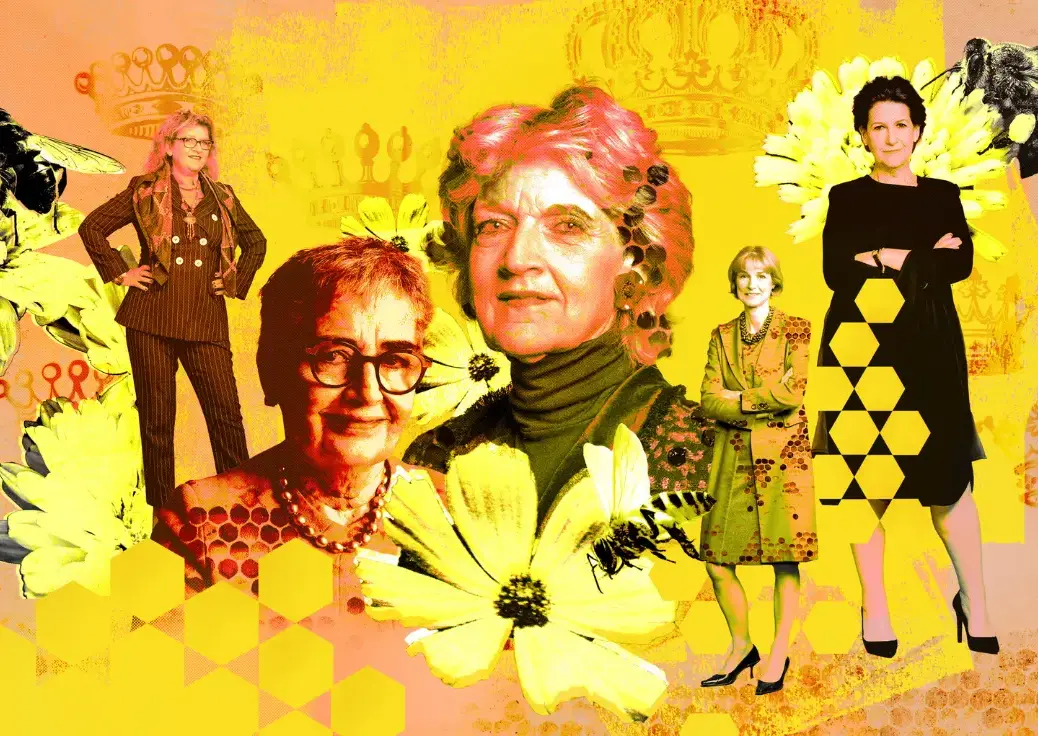
Ever since it was first published, the Spear’s index of leading family lawyers to HNWs has been dominated by women. But even in this elevated context, there are five women in particular who have always stood out: the so-called ‘Queen Bees’.
Having risen to prominence in the Eighties and Nineties, Baroness Shackleton (Payne Hicks Beach), Lady Helen Ward (Stewarts), Frances Hughes (Hughes Fowler Carruthers), Sandra Davis (Mishcon de Reya) and Diana Parker (Withers) have stood atop their profession for decades. For countless billionaires and celebrities in need of a prenup or representation in a divorce battle, these have been the people to call first.
The calibre of the Queen Bees’ clients has been unmatched. It was Shackleton who King Charles chose to represent him in his divorce from Diana. (In an unusual turn of events, Diana even sent Shackleton a bouquet of flowers as a token of gratitude for conducting the proceedings without acrimony – and recently her brother, Earl Spencer, hired her to handle his third divorce.) On the other side of the royal split was Davis, who also acted for Jerry Hall when she separated from Mick Jagger.
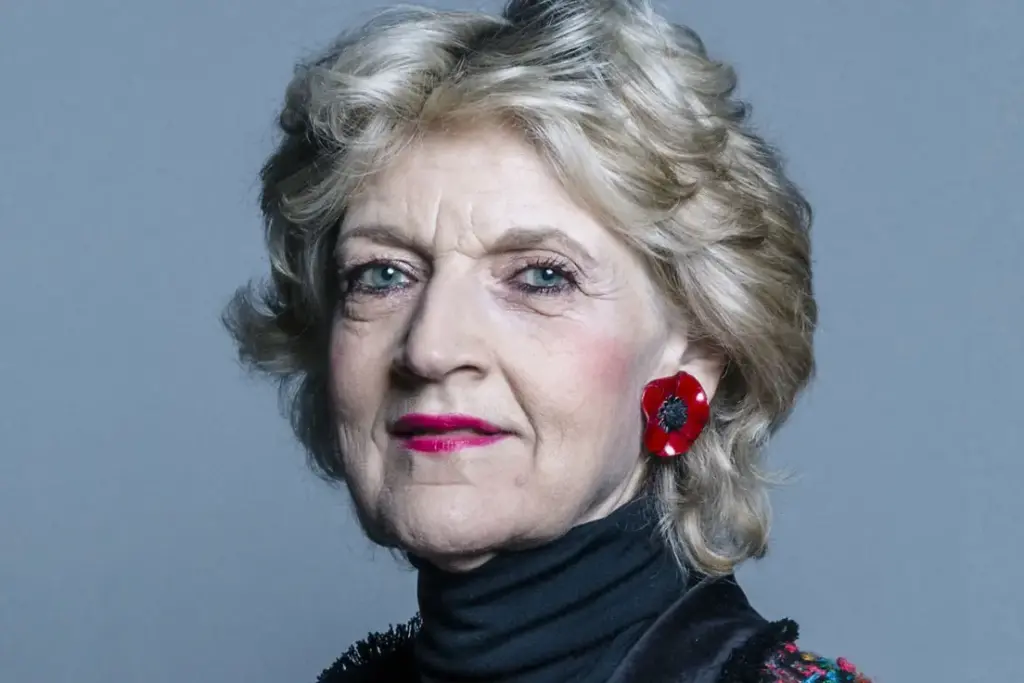
Hedge fund manager Sir Chris Hohn opted for Parker to represent him on what was then the highest-value divorce in the English courts. Among Hughes’ big-money cases was Potanin v Potanina, which saw her represent Natalia Potanina against one of Russia’s richest men. Ward – described as ‘a tigress who never sleeps when she is on your case’ – has fought for the likes of Guy Ritchie and Andrew Lloyd Webber.
- Best family lawyers for high-net-worth clients in 2024
- Best family law barristers for high-net-worth clients in 2024
- Best divorce consultancy and support service providers in 2024
- Best litigation funding providers in 2024
But this year – for the first time since Spear’s began its Family Law Index – two of those titans have dropped out of the top tier of our rankings. Stewarts’ Ward has stepped down from the partnership to become a consultant, while Davis no longer heads up Mishcon de Reya’s family law department, although she continues to advise clients. As a result, each is now listed as a ‘Senior Statesperson’ in our rankings.
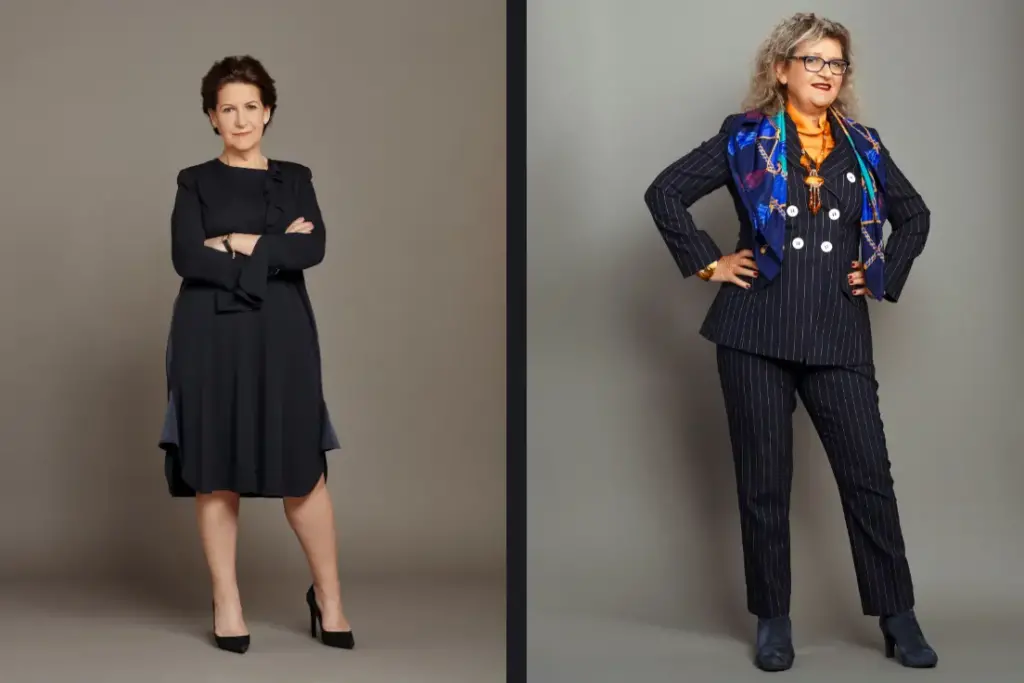
The ‘abdication’ of two of the Queen Bees is a visible sign of a shift in the industry’s balance of power. And, fellow family lawyers tell Spear’s, it is inevitable that more change at the top will follow.
Succession planning of the Queen Bees
‘The key to being a good department head is having a good succession plan in place,’ said one leading family lawyer, who wondered aloud to Spear’s how Shackleton’s eventual departure would affect Payne Hicks Beach. The industry’s best-known figure has achieved recent high-profile successes for clients including Princess Haya of Jordan. But the impending departure of the head of the firm’s family department, Rebecca Cockcroft, whom many expected to take on the mantle, has set tongues wagging. ‘Baroness Shackleton brings in the big-money clients,’ said the same lawyer, who asked to remain anonymous. ‘What happens when she’s no longer there?’
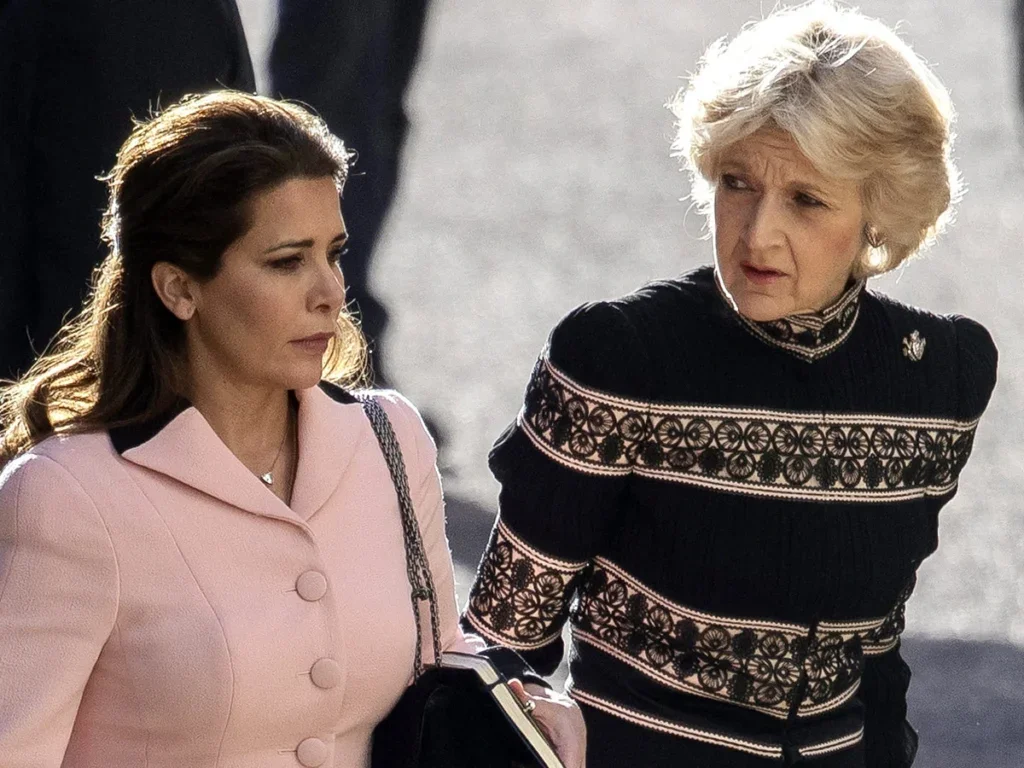
That time may be some way off. Shackleton’s involvement in landmark cases such as Potanin v Potanina (2023), where she represented Vladimir Potanin and successfully blocked a multi-billion-pound case being brought against him by his ex-wife into English courts, shows that she is still practising at the top of her game.
Payne Hicks Beach points to newly minted department head Nick Manners, who works alongside a mix of similarly experienced, long-standing partners as well as homegrown talents such as Ben Parry-Smith. But when the time comes, will the firm’s family department continue to flourish, even without such a talismanic figure at its heart? And how will the other firms with incumbent Queen Bees fare? As one head of a leading family department puts it, ‘These [big] names aren’t going to be around for ever. They’ll want to sit in their French villas at some point.’
[See also: Leading family lawyers on the future of HNW divorce]
‘This is what I call “The Hairdresser’s Dilemma”,’ Stephen Foster, head of divorce and family at Stewarts, tells Spear’s, speaking about succession planning in general rather than any particular firm. ‘However good your hairdresser is at cutting hair, they can only cut one person’s hair at a time.’ The same natural limitations apply to the craft of leading family lawyers – each person can only take on so many clients or so much work. When it comes to the complex, multi-jurisdictional matters that define modern HNW family law, this is even more apparent. ‘It can’t be one person doing everything, it has to be a team,’ says Foster. ‘It’s not like flying a Spitfire any more, it’s more like flying a Dreamliner.’
The movement and mobility of modern wealth presents knotty challenges, which require a wide range of expertise. ‘It’s not about one big-name lawyer understanding everything and calling all the shots. The scale of cases means you need a large density of star partners, not just one. On top of that, you need highly skilled star associates supporting them,’ explains Foster.
The rise of new talent
For all their work to beef up the standing of family law as a profession, protect the interests of clients and set an example to the next generation, the outsized influence of certain star names has not been a universally positive phenomenon, said one leading family lawyer. ‘If you want to build an enduring family practice, it cannot be centred around one person. Having a brilliant partner leading a team is essential but there should be more than that. There’s a tremendous strength in having a unity of purpose and approach.’
At the helm of Mishcon de Reya’s family department sits Kate Clark who is looking to make her own mark in the role amid the formidable legacy left behind by Sandra Davis. ‘We’d been led by Sandra for many decades and she’s very impressive in terms of what she’s achieved. Family law has historically had these big names at the top but now you’ve got a wide range of lawyers that are coming through, many of whom bring in different expertise and services to address the increasingly complex issues arising in modern family law.’
Some feel the mere use of the term ‘Queen Bees’ has been unhelpful. According to Penningtons Manches Cooper partner James Stewart, the idea itself is outmoded and fails to acknowledge those ‘who are making a real mark on family law, regardless of gender’. He points to his own colleague Anna Worwood, as well as FLiP’s David Allison, William Longrigg of Charles Russell Speechlys, Catherine Bedford of Harbottle & Lewis, Rebecca Cockcroft, Stewarts’ Emma Hatley and Vardags founder Ayesha Vardag, among others, as leading lights of the profession who have not necessarily received due recognition.
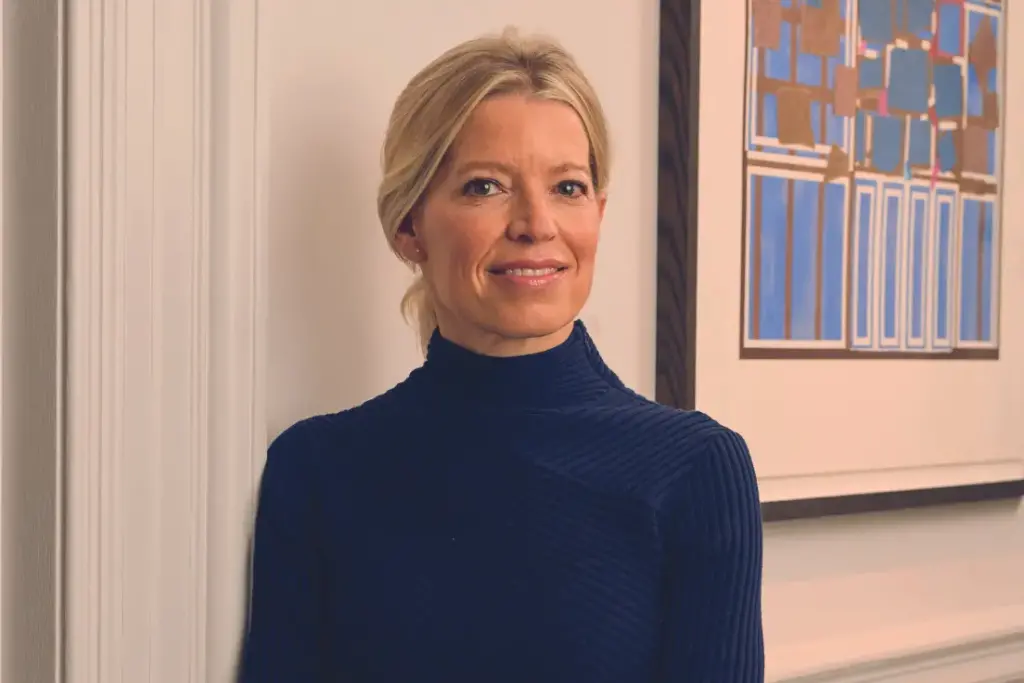
Indeed, when asked whether she would like to be thought of as ‘a Queen Bee’, Harbottle’s Bedford previously told Spear’s: ‘Absolutely not.’ She added: ‘I want to work in a team of people who I enjoy being with and respect and who stimulate one another. That’s really what it’s all about.’
While a select few are sure to muscle their way to the top and claim the big cases, it looks all but certain that this generation of Queen Bees will prove to be the last.






